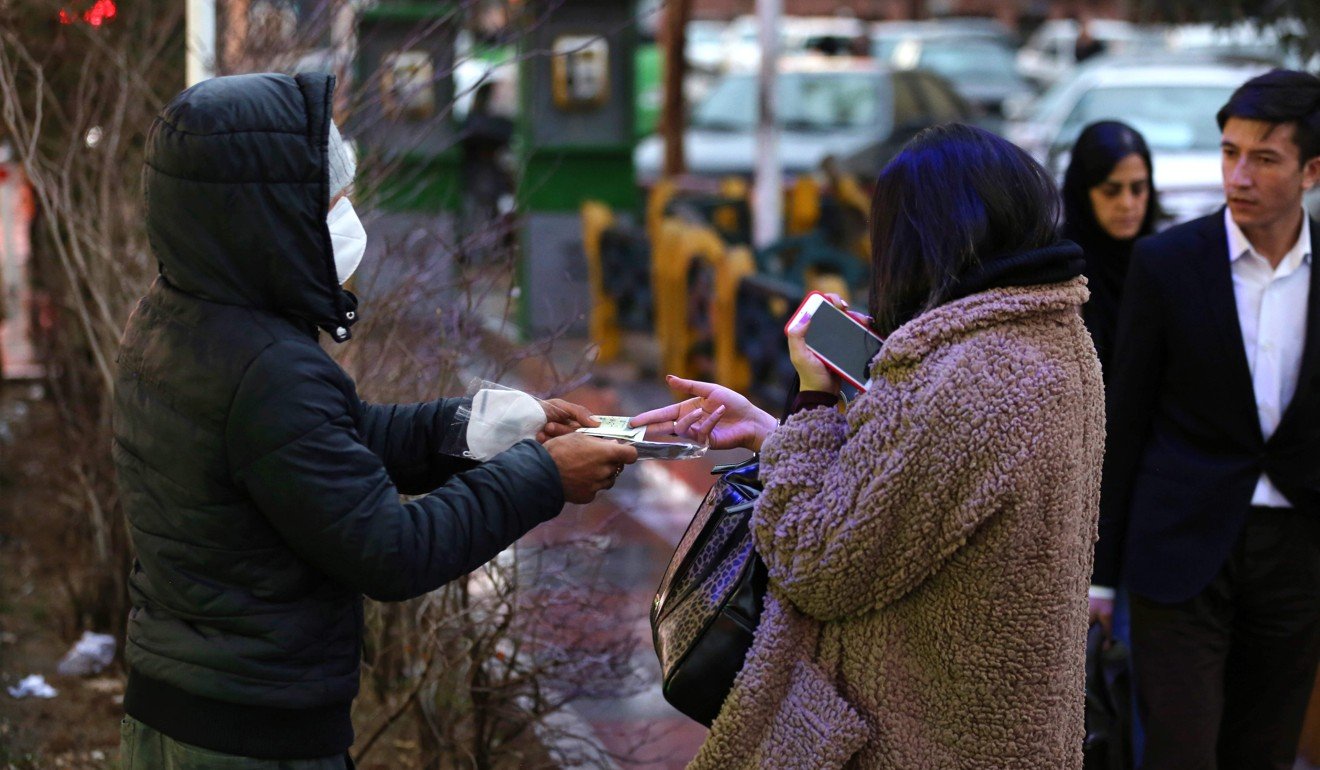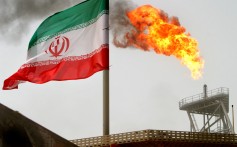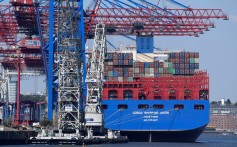
- Local official says death toll stands at 50, raising concerns of a cover-up and whether the country will be able to cope with the crisis
- Calls for US to ease restrictions to allow China and other Tehran-friendly countries to provide emergency aid
The new figure, which has yet to be confirmed by the government, is significantly higher than the official tally, which stands at 12 deaths out of 47 confirmed infections, according to state television.
More than 250 people are quarantined in the city, which is a popular place of religious study for Shiites from across Iran and other countries, Ahmad Amiriabadi Farahani, an official from Qom, told ILNA.

Studies by Human Rights Watch and other groups last year found the country’s health care sector was severely affected under the latest round of US sanctions, putting cancer and other patients in danger, without access to life-saving medicine.
Hua Liming, a former Chinese ambassador to Iran, said the outbreak was a major test for Tehran.
“While I don’t think the outbreak in Iran will be as bad as in China, it is true that Iran lacks essential materials, especially in terms of its poorly equipped hospitals and medical staff, to cope with the disease by itself if this continues to escalate,” Hua said.
In a joint letter with other experts published in medical journal The Lancet in August, Iran’s deputy health minister Iraj Harirchi admitted different rounds of economic sanctions since 1980 have had harsh effects on the health and well-being of ordinary Iranians.
“The sanctions over decades have also intensified a shortage of medical supplies. Their diagnostic technologies are also lagging behind,” Chen said. “I think the international community should work together to transparently share passengers’ travel data, standardise the accuracy of test kits and allow humanitarian aid to ship to Iran,” he said.
“However, all these efforts may be uncertain and disrupted given the recent retreat from the Iran nuclear deal and Trump’s policy towards Iran.”
Experts called on the US to ease its restrictions on humanitarian trade with Iran, which would allow China and other Tehran-friendly countries, including Russia, to provide medical and humanitarian aid to the Islamic Republic before the disease escalates into a greater crisis in the region.


Li Guofu, a senior research fellow at the China Institute of International Studies, a think tank in Beijing affiliated with the foreign ministry, said China may have a key role to play in helping Tehran during the crisis.
“While the disease is new and the world may have little experience in dealing with it or a cure, China should work with other countries to find out what Iran needs and provide aid such as face masks and other protective equipment,” he said.
Chen said China and others should work with the World Health Organisation, of which Iran is also a member, to provide test kits for earlier and more accurate diagnosis, and share the experience of mandatory quarantine to help contain the spread of the virus.
“The Trump administration will face a moral dilemma: whether to remove some of the pressure on Iran or face international condemnation for putting millions at risk,” he said.
Luft said as fears of a global pandemic grew and countries stockpiled face masks and other medical equipment, it could be hard for other nations to help Iran effectively.


Iran sent 3 million face masks to China early this month, but after public complaints about a shortage in the country, Tehran banned further mask exports to China.
“The best way for Iran to deal with the disease is to do precisely what China has done – quarantine. If Wuhan with its 11 million population can be under quarantine, so can Tehran with its 8 million,” he said.
Most experts believe the crisis could see China and Iran edge closer, to counter the Trump administration’s hostile approach to authoritarian nations.
Iran – isolated by its allies and regional powers such as Israel and Saudi Arabia – sees China as a powerful ally and its economic lifeline, and it looks set to increase that dependence.
“While Iran has suspended flights and visas for Chinese visitors, it won’t affect bilateral ties because both countries need each other– due largely to their worsening ties with the US,” said former diplomat Hua.
With the US becoming increasingly antagonistic and hostile, China may not need to distance itself from Iran as it has done in the past to avoid angering Washington, he said.
China remains the biggest buyer of Iranian oil despite the US sanctions on crude trade, with private Chinese oil companies playing a leading role, Hua said.


Both Hua and researcher Li believed Iran would be able to maintain stability in the coronavirus crisis, and after Friday’s elections, hardliners in Tehran would most probably continue their anti-America policies while seeking closer ties with Beijing.
Luft also noted the outbreak could be an opportunity for Iran to strengthen its anti-America regime.
“It is precisely because of Iran’s international isolation and authoritarian regime that a coronavirus outbreak there may be less consequential than in any other country, other than North Korea,” he said. “In fact, an outbreak there could give the regime more power to tighten control over the population and nip in the bud popular unrest that has been developing due to the country’s dire economic situation.”
Additional reporting by Associated Press
brought to you by SCMP Research and enjoy a 20% discount (original price US$400). This 60-page all new intelligence report gives you first-hand insights and analysis into the latest industry developments and intelligence about China AI. Get exclusive access to our webinars for continuous learning, and interact with China AI executives in live Q&A. Offer valid until 31 March 2020.












 Posted in
Posted in 












South China Morning Post